Keywords: Grief
There are more than 200 results, only the first 200 are displayed here.
-
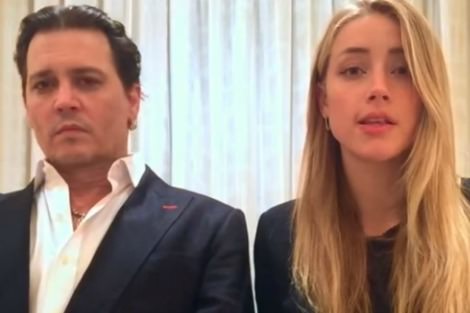
ENVIRONMENT
- Bronwyn Lay
- 21 April 2016
15 Comments
In the face of the increasing environmental destruction legally occurring within Australia's borders, chasing actors Johnny Depp and Amber Heard for bringing their undeclared dogs into Australia in breach of biosecurity laws comes across as a curated media stunt. Like everywhere in the world, Australian environmental law is at a crossroads. On one hand government regulations that permit violence against habitat increase, and on the other, legal challenges against this destruction rise.
READ MORE 
-

ARTS AND CULTURE
- Tim Kroenert
- 31 March 2016
If Peedom was expecting to find signs of a growing sense of self-agency behind the docile facade of the legendary 'Smiling Sherpa', she couldn't have predicted a rawer or more tragic scenario against which it would play out. Predictably the turn of events does not sit will with the Western climbers and tour operators, who feel that the outlay of time and money, not to mention the 'bucket-list' imperative to conquer the peak, entitle them to proceed. Polite facades peel away to reveal ugly attitudes.
READ MORE 
-

ARTS AND CULTURE
- Barry Gittins
- 02 March 2016
3 Comments
This year we faced the prospect of having Wolfgang, our 16-year-old apricot Spoodle, euthanised. This was sad for me, my wife, and our son. But for our daughter, entering her first year of high school, it presented a looming disaster. Mark Twain is purported to have said that 'the fear of death follows from the fear of life. A man who lives fully is prepared to die at any time.' Timidity equals preoccupation with mortality? No disrespect to Samuel, but it's unlikely he shared that gem with his daughters.
READ MORE 
-
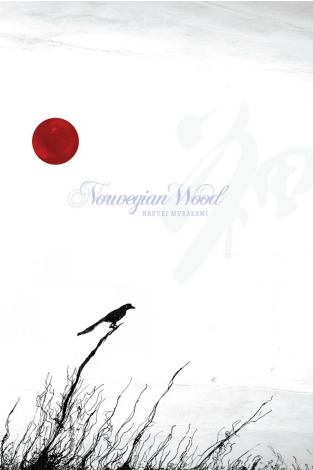
ARTS AND CULTURE
- Ellena Savage
- 19 February 2016
5 Comments
There's a part in Murakami's Norwegian Wood, I told a friend, where a character loses someone, and walks for weeks around Japan until he reaches the beach, where he just stares out to sea. I feel so desolate, I said, that that's what I want to do. I don't know for sure that that's what really happened in the book, or if I was really that desolate ... Maybe that's what reading is for; to build a repertoire of emotional and social situations in order to connect with feelings that don't have words.
READ MORE 
-
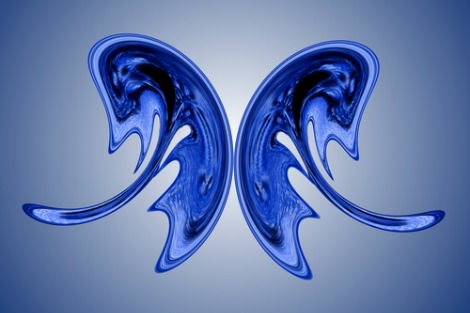
MEDIA
- Kate Mani
- 27 January 2016
2 Comments
A few months ago, someone I know died. We had only met a couple of times, accepted each other's Facebook friend requests, and messaged each other on and off. But I grew to know him well. His face filled my Facebook newsfeed weekly. Now I see his family's farewells, and the preceding year of photos makes it even easier to picture their grief. Be it the loss of a friend or a city shattered by terror, the 21st century colossus that is social media has reinvented the wheel of commemoration.
READ MORE 
-

INTERNATIONAL
- Bronwyn Lay
- 14 January 2016
3 Comments
As I marched for Remembrance Day in our small village in France, I wondered, 'How long will these villages keep these ceremonies? When will someone decide these wars are too long ago or too far away?' Two days later, Paris was attacked. The news came like war does: sudden and violent. Then came declarations of a state of emergency and the closing of borders. My eldest daughter was over the border in Switzerland without a passport. War starts in increments, in the small ordinary worries of families.
READ MORE 
-
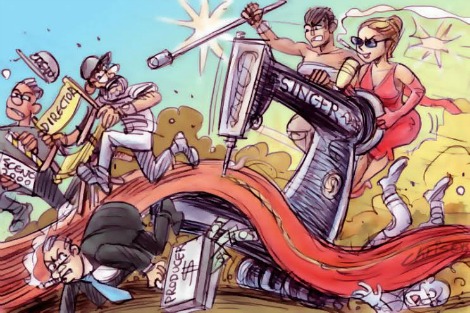
MEDIA
- Rochelle Siemienowicz
- 13 January 2016
The success of the Australian comedy The Dressmaker is thrilling to those watching the local film industry. There's more to cheer in the fact the film is proudly female in both story and production. We're not as bad as Hollywood, but even in Australia, there are not enough films for women, about women and by women. Since the 1970s male directors have been responsible for more than 85 per cent of the feature films made. Why does it matter? Because women are more likely to tell stories about women.
READ MORE 
-

AUSTRALIA
- Andrew Hamilton
- 03 December 2015
15 Comments
A cyclist since my youth, I was intensely annoyed when campaigners first tried to enforce cycle helmets. I loved the wind rushing through my hair, and believed my safety could be left to my responsibility. Others might have wondered if I overestimated my sense of responsibility. It was hardly compatible with the practice of never applying the brakes when going down hills on country roads, or with the view that traffic rules applied only to cars. Later, I came to see that individual freedom must be considered in its context of human relationships.
READ MORE 
-

MEDIA
- Rochelle Siemienowicz
- 23 November 2015
10 Comments
The success of the Australian comedy The Dressmaker is thrilling to those watching the local film industry. There's more to cheer in the fact the film is proudly female in both story and production. We're not as bad as Hollywood, but even in Australia, there are not enough films for women, about women and by women. Since the 1970s male directors have been responsible for more than 85 per cent of the feature films made. Why does it matter? Because women are more likely to tell stories about women.
READ MORE 
-
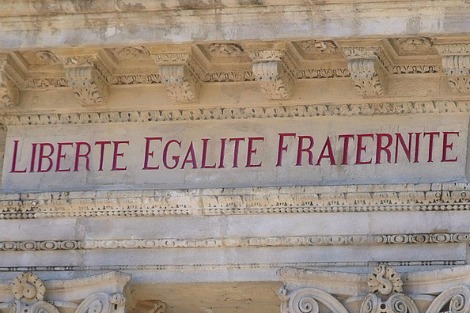
INTERNATIONAL
- Andrew Hamilton
- 19 November 2015
19 Comments
The mass murder of unarmed civilians in Paris last weekend was appalling. Whether considered as an act of war or of terror, it was indefensible. The themes of war against terrorism and victory have dominated commentary on the killings. In light of the fact that the war against terror was the seedbed in which IS grew, they demand serious reflection. We should ask precisely what our enemy is attacking, what therefore must be defended, and what will be the signs of victory or defeat.
READ MORE 
-

INTERNATIONAL
- Chris Middleton
- 16 November 2015
14 Comments
In many of these conflicts religious difference constitutes an important element in the conflict. Some commentators point to religion as the cause of many of humankind's wars. In a sense they are correct, as they would be also if they ascribed war to humankind's quest for liberty, equality, justice, or even love. It is a paradox of the human condition that that which is noblest in the human often gives way to violence and intolerance. How are we supposed to react to such an attack?
READ MORE 
-

INTERNATIONAL
- Bronwyn Lay
- 16 November 2015
16 Comments
As I marched for Remembrance Day in our small village in France, I wondered, 'How long will these villages keep these ceremonies? When will someone decide these wars are too long ago or too far away?' Two days later, Paris was attacked. The news came like war does: sudden and violent. Then came declarations of a state of emergency and the closing of borders. My eldest daughter was over the border in Switzerland without a passport. War starts in increments, in the small ordinary worries of families.
READ MORE 